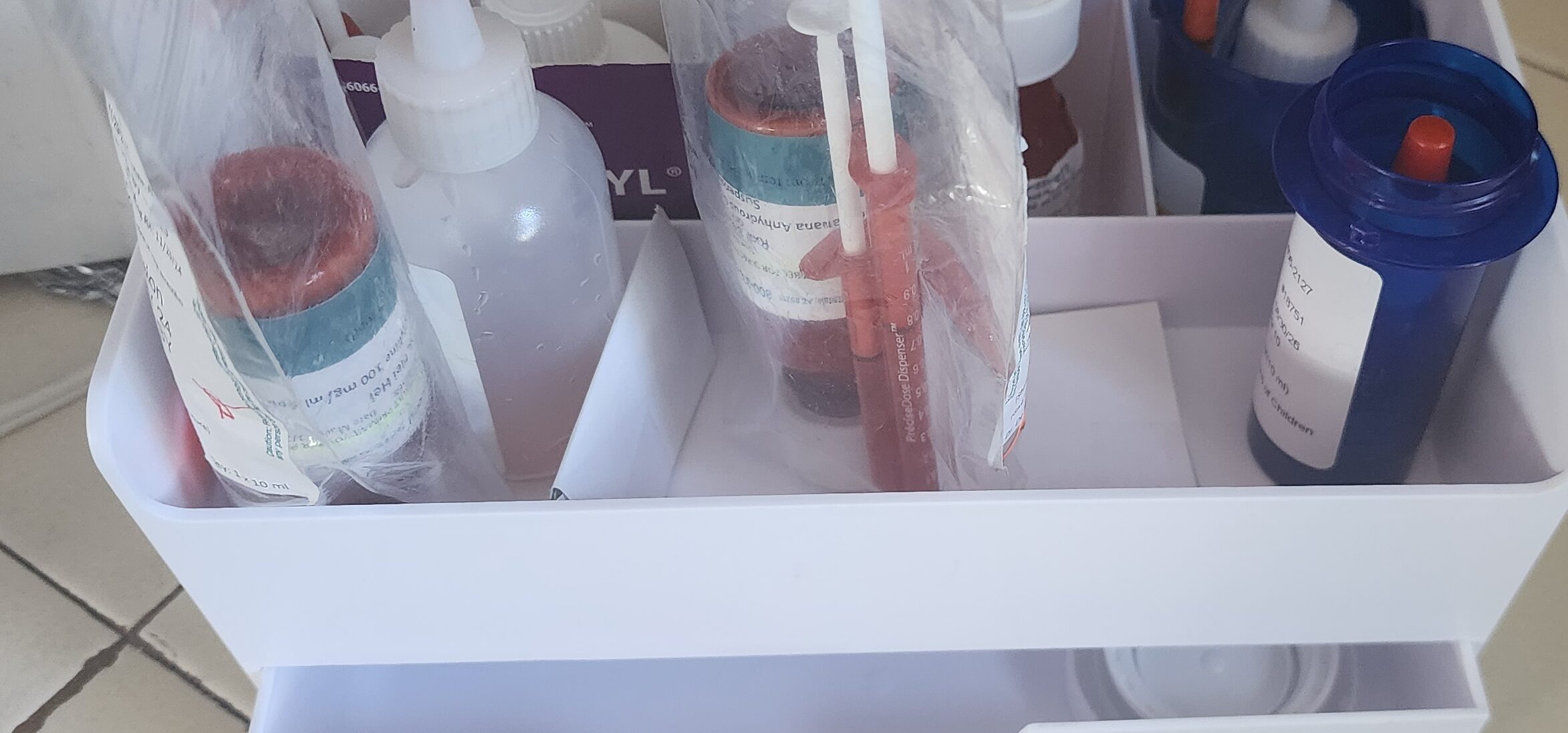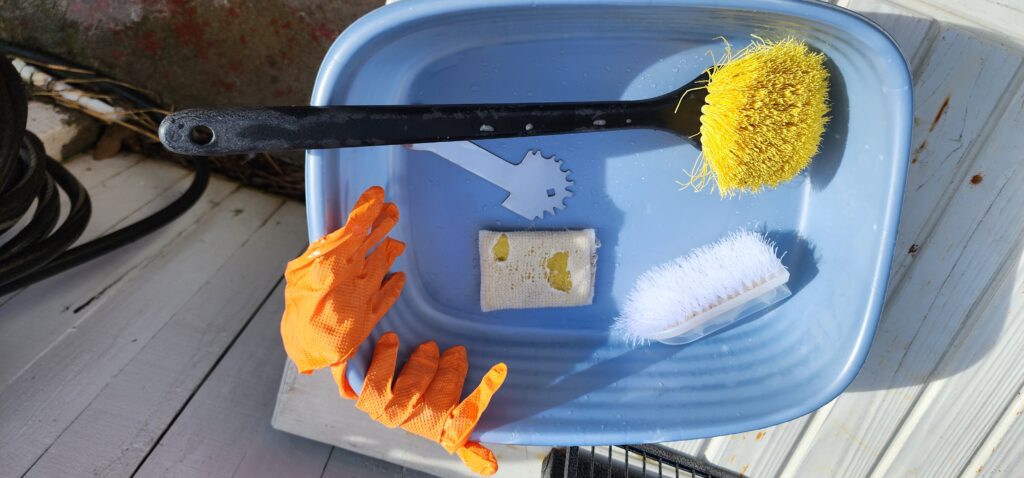
Understanding Zoonotic Diseases and Best Practices
The answer is yes! Pet birds can indeed make their owners sick due to various zoonotic pathogens they may carry. As such, it is extremely important and highly recommended that you schedule a veterinary wellness visit with a pre-post purchase lab panel and fecal gram stain with an avian veterinarian as soon as you decide to purchase or adopt a bird.
Zoonotic Pathogens
Birds can carry a variety of zoonotic pathogens, which include bacteria, viruses, fungi, and parasites known to cause illnesses in humans. The most common mode of transmission to humans is through droppings, feathers, saliva, and mucous. Humans can inhale dust containing dried droppings, feather dust, and secretions. Additionally, when handling and cleaning a cage, the owner can be exposed to the contagions.
Types of Zoonotic Diseases
Some of the zoonotic diseases that birds can carry include, but are not limited to:
- Psittacosis (Parrot Fever – Chlamydia): A bacterial infection that can cause fever, headache, and pneumonia in humans.
- Tuberculosis: An infectious disease that primarily affects the lungs but can also affect other parts of the body.
- Bird Flu (Avian Influenza): A viral infection that can cause respiratory issues and other symptoms in humans.
- Cryptococcus and Histoplasma: Fungal infections that can cause respiratory problems and other serious health issues.
- Salmonellosis: A bacterial infection that can cause gastrointestinal illness in humans.
- Campylobacteriosis: A bacterial infection that can cause diarrhea, fever, and abdominal cramps.
- Escherichiosis: A bacterial infection caused by E. coli, leading to various gastrointestinal issues.
- Bird Fancier’s Lung: An allergic reaction to bird proteins found in droppings, feathers, and dander.
Quarantine and Lab Testing
When introducing a new bird into your home and/or flock, it is crucial to quarantine the bird away from other pets and direct human contact until the lab work results come in (usually 3 to 10 days). If the bird has a zoonotic disease, it will need to remain in a quarantine area until repeat lab work shows that the disease, bacteria, or fungi are gone.


Best Practices for Pet Bird Owners
To minimize the risk of zoonotic disease transmission, pet bird owners should follow these best practices:
- Perform regular daily or weekly cage cleaning.
- Wash hands every time you pet or work with your pet bird.
- Regularly sweep, mop, and dust bird areas (daily is best).
- Clean fresh food and water bowls daily.
- Clean kibble or nuts bowls daily or weekly.
- Ensure proper ventilation in bird areas.
- Wear personal protective gear (gloves, eye protection, and face masks) until lab results confirm the bird is pathogen-free.
Personal Experiences and Precautions
As an experienced bird rescuer, I have encountered various pathogens in every one of my rescues. I always quarantined them and continue to wear personal protective gear when cleaning their cages. I also make it routine to wash their bowls regularly. All my rescues have at least 5 bowls, so it takes me a long time to feed them all.
One of my rescues came from an owner who was extremely ill and entered into hospice. We immediately had someone notify her doctor that the bird had a zoonotic disease so that they could treat the owner for possible exposure to the disease.
In conclusion, while pet birds can indeed make their owners sick, following best practices and taking precautionary measures can significantly reduce the risk of zoonotic disease transmission. Regular veterinary check-ups, proper hygiene, and quarantine procedures are essential steps in ensuring the health and safety of both you and your feathered friends.
